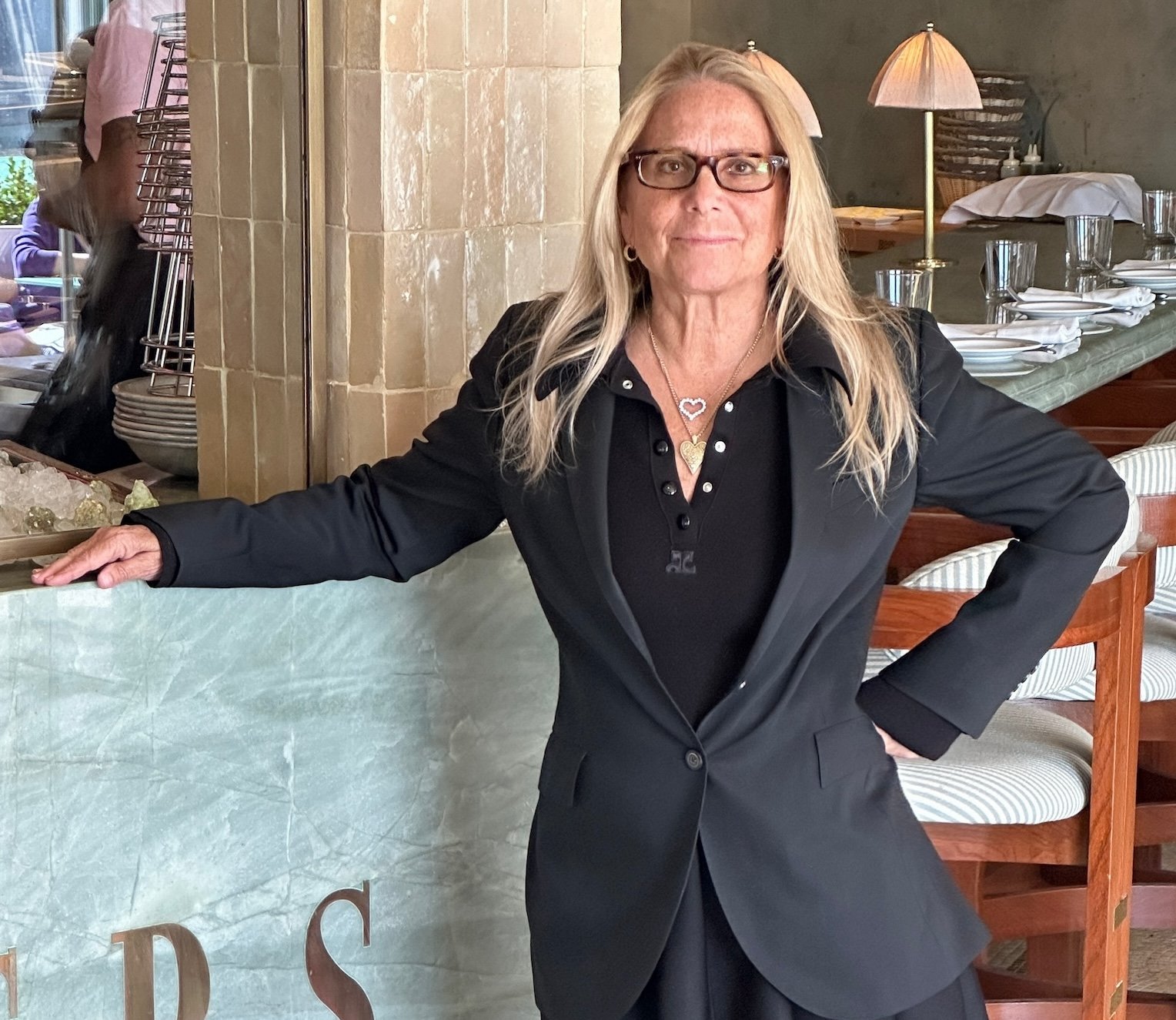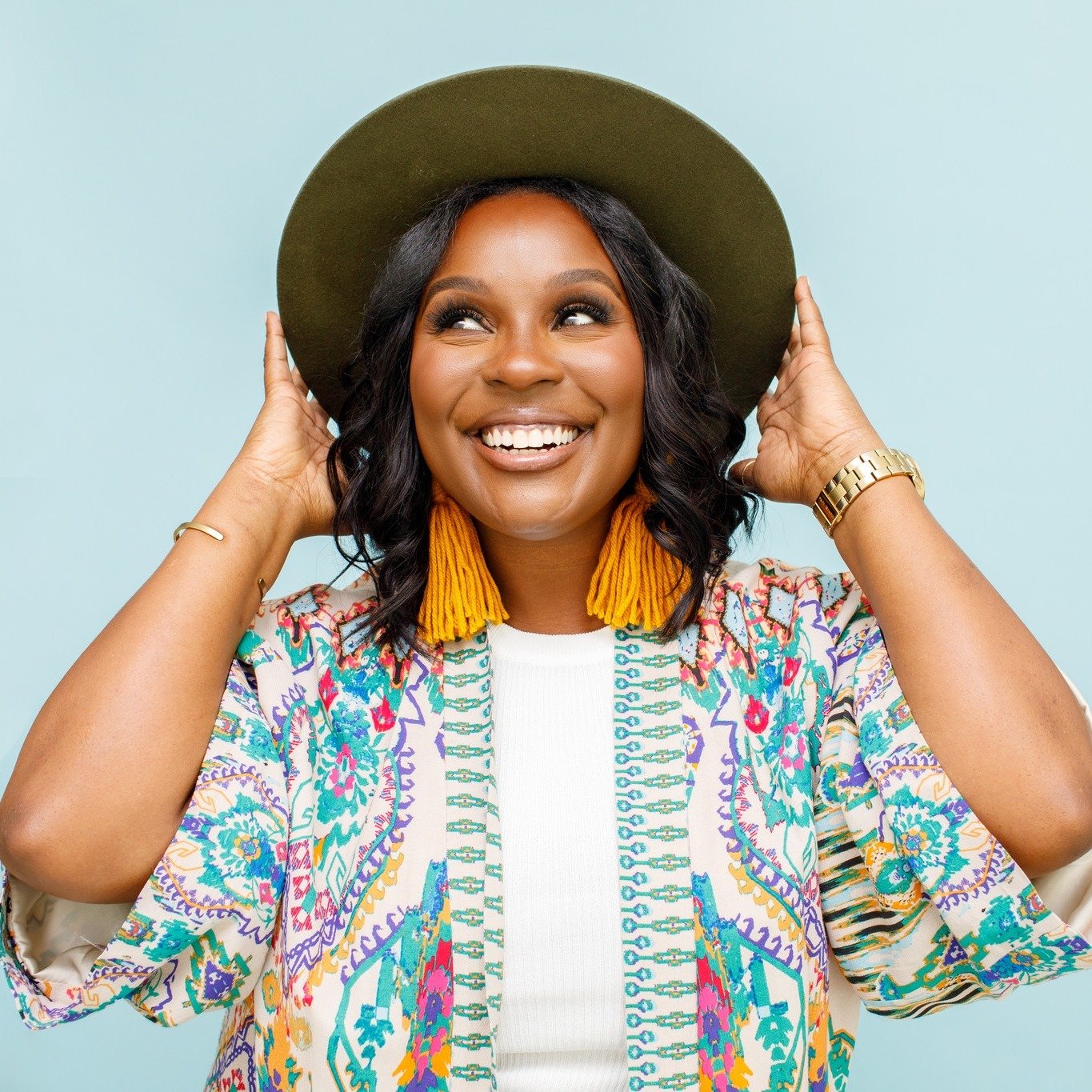At 60, Antonia Bowring Has Never Felt More Personally and Professionally Fulfilled. She Just Wished She Knew This One Thing Sooner
November 30, 2023 | written by Stacey Lindsay
Ten years ago, Antonia Bowring was on fire in her career. She’d opened an office in New York City for a national nonprofit helping low-income women start businesses. Her dreams of "running something" impactful and wanting to "change the world" were her reality. But then, after spending years churning out successful programs, the organization went bankrupt. "We'd worked so hard," says Antonia. "It was very frustrating to have it be so successful, yet it looked like a failure."
Antonia, who was 50 then, admits she needed to decide which road to choose next. Whatever direction she took, she vowed to be in control. "I remember thinking, If I'm successful, I want to know it, own it, and have the fruits of it. And, if it's a failure, I'll take ownership of it,” she says. Around that time, an executive coach invited Antonia to take her coaching course at NYU. What happened next you could call fate, the stars aligning, or sheer destiny. "I literally never looked back," she says of plunging into the coaching world.
In the decade since, Antonia has been helping people forge a bridge between their talents, and desires. She has a sense for drawing out people's unique worth—the things and purposes that light up their souls rather than the conventional and expected. Her knack is to show others that the road less (or never) taken is often the most rewarding. (Her love of the atypical is evident in Antonia's support of neurodiverse leaders, a passion she leaned into after her adult ADHD diagnosis.)
In our conversation here, Antonia, who recently published her first book, Coach Yourself: Increase Awareness, Change Behavior, and Thrive, shares her thoughts on facing failure and investing in ourselves—plus, the one thing she wished she had known sooner.
Chatting with Antonia Bowring
Ten years ago, when you were 50, you faced a career “failure” as you say, which was the end of your nonprofit position. What did this and the start of your coaching career teach you about failure?
That failure really became the greatest career success of my whole journey.
I'm actually a low-risk person, and I wouldn't call myself an entrepreneur. But when you've just had a failure, there's nowhere to go but up. So, sometimes, failure can give you the permission to try something new that might have been much harder to do if you were in more stable circumstances.
You are 60 now, and this giant change happened a decade ago. How did such a pivot feel in midlife?
I have never looked back. This has been—by far—the decade of the most personal growth and professional success I've ever had. I've been connecting my purpose, passion, playfulness, and creativity. I came into my own.
What do you credit all that too?
This is the work I was born to do, but it took me a long time to get here. I wish I had a career coach when I was in my thirties. It could have taken me less time to get here if someone had helped me understand my gifts and strengths. I am a much better consultant type if you consider coaching in the realm of consulting. And I love investing so much of my own development into my work.
Also, and this may be linked to age, but I started in the nonprofit world, wanting to change the world and help women access finance and business opportunities. Now, I feel much happier having a more tangible, immediate, one-by-one impact.
Considering everything you know now, what would you tell your 30-year-old self?
I would tell her two things: One, you are enough. You don't need to keep proving things. You don't need to keep getting more education. You are enough. Whatever you do next, it's okay to feel fear and anxiety about whether you can do it—but you know you can do it. You know you're up for it. You know you will learn. You know you will dig in. You know all this because you are enough. That's one thing I would say.
And two, I would tell her to get some help and scaffolding. You are worth the investment.
“It is about building confidence not just through your work but through other endeavors that feed your soul.”
You recently released your first book, Coach Yourself. What do you hope people take away from your book?
Executive coaching can be elitist and expensive. It's also a privilege that most people don't have access to. The idea of the book is that I've been coaching for 10 years, and I have a dozen frameworks that I use over and over and over again, so I want to serve those up for people who are invested in their personal and professional development. The book is organized into frameworks to lift off a coaching engagement, including a values exercise, communication frameworks, and management team frameworks. Then, there's a section on habits at the end. It's also a DIY coaching manual, with many different frameworks so that you can open it anywhere, depending on your need.
It's really to democratize executive coaching and make it more accessible to everyone.
For the woman who is well into her midlife years and facing a desire to take a leap of faith and make a significant change, how can she build scaffolding for herself?
I'm going to answer this from a very personal perspective. Not everyone has some of the luxuries I had when I launched into coaching. I did not need to bring in a huge amount of income at first, so I want to be sensitive to privilege. If I was a single parent then, I may not have been able to make the change I did. But you can say to yourself, 'Okay, I really want to do that, but I still need to do this for a little while, and you can take action. What can you do outside of this next step, or what can you do in the after-hours, that will help prepare you for where you ultimately want to be?
For a woman who has maybe more independence, perhaps the kids are out of the house and self-sufficient, or she has more time, this is where it's beneficial to invest in passion—and it doesn't have to be related to work. There is so much confidence that comes from investing in passion. For me, this has been endurance fitness. I've always been an athlete, but only in the last 10 years have I started going into competitions. I'm doing this because physical endeavors give me an amazing amount of confidence. But this passion can be painting or joining a choir—anything for anyone. It is about building confidence not just through your work but through other endeavors that feed your soul.
__________________________________________________________________________________
Interview and article by Stacey Lindsay. Learn more about Antonia and buy her book at ab-strategies.com.
YOU MAY ALSO LIKE



